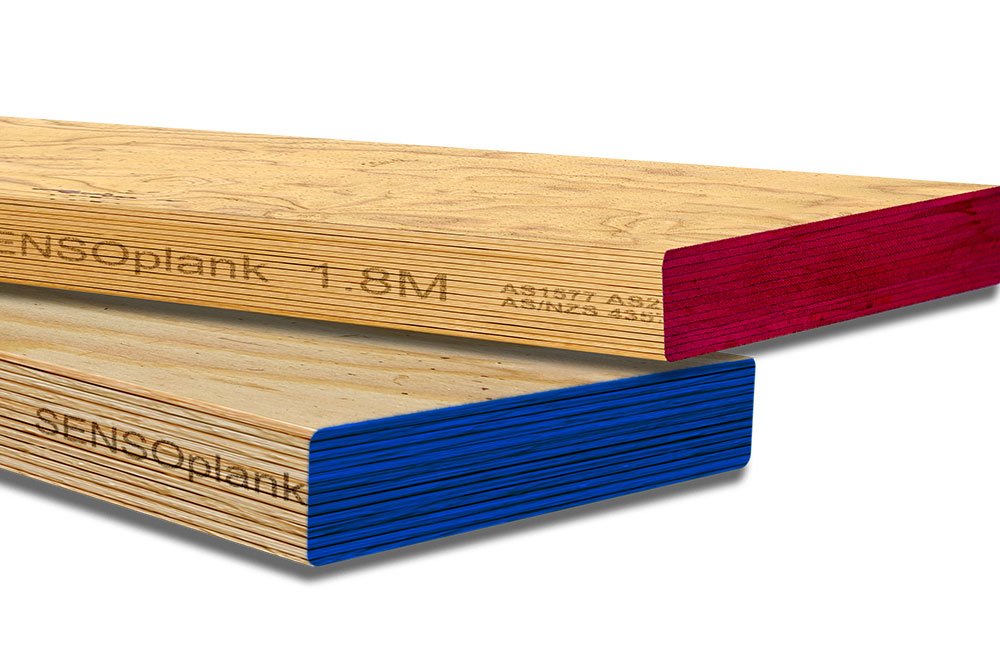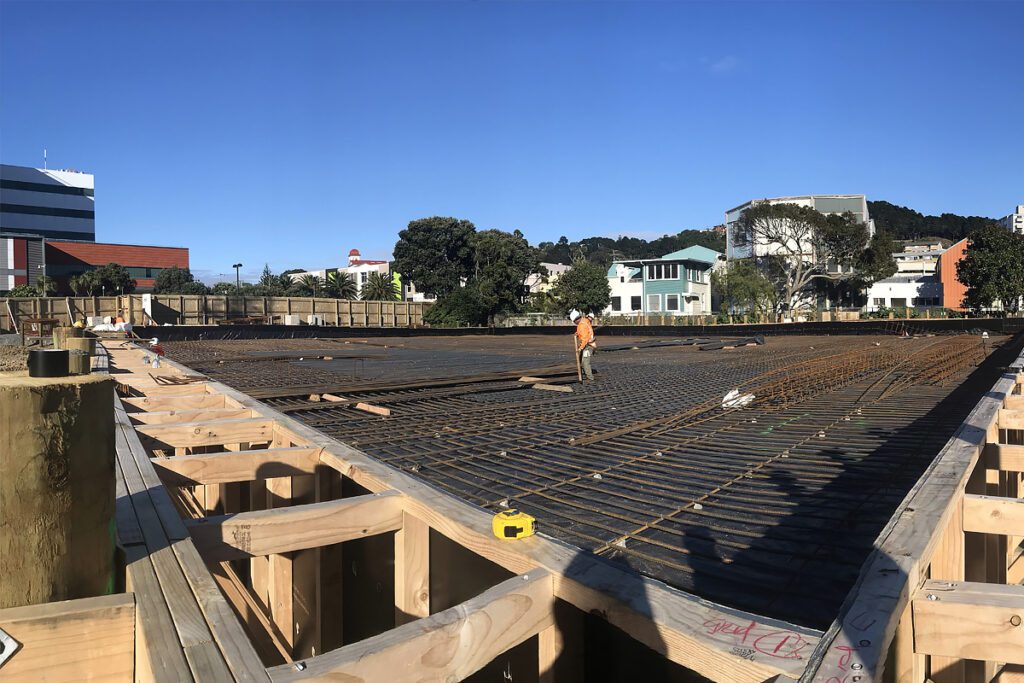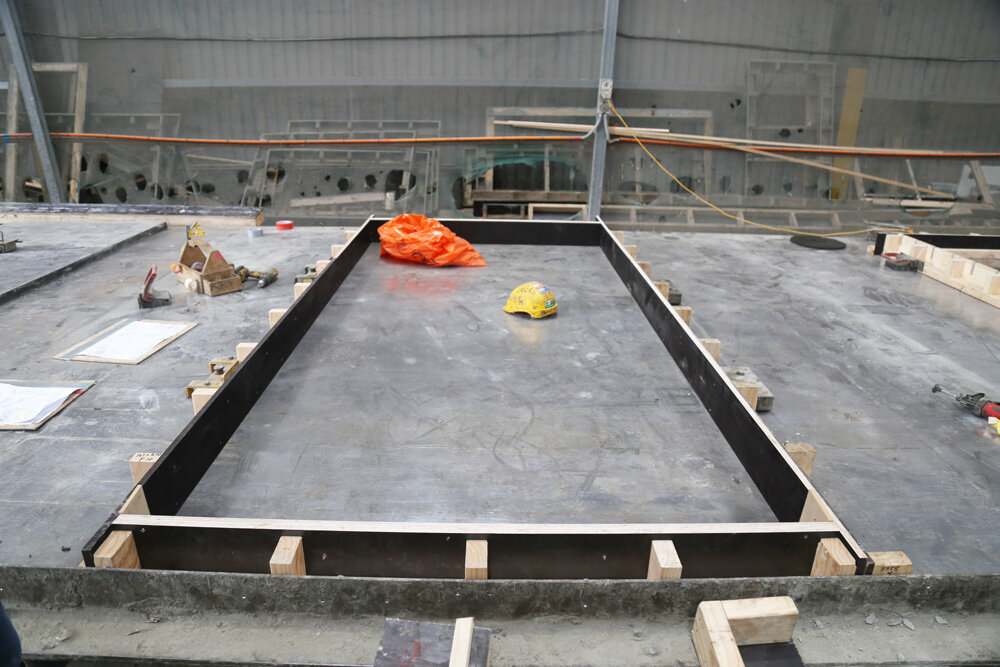A Comprehensive Guide to Buying Formply in Australia

In the construction industry, choosing the right materials for your projects is crucial to ensure durability and efficiency. One popular material that is widely used for its strength and versatility is formply. If you are in Australia and considering buying formply for your construction needs, this comprehensive guide will provide you with all the information you need to make an informed decision.
Understanding Formply: An Overview
Before delving into the details, it is essential to have a basic understanding of what formply is. Formply is a high-quality formwork panel that is primarily used for concrete formwork applications. It is designed to withstand the weight and pressure of wet concrete while providing a smooth and even surface finish. Formply is a cost-effective solution for creating strong and durable concrete structures.
Now that you are familiar with the different aspects of formply australia, the next question is where to buy it in Australia. Here are a few options:
What is Formply?
Formply is typically made from hardwood veneers bonded together with phenolic resin and overlaid with a high-density overlay (HDO) or medium-density overlay (MDO) film. The HDO or MDO film provides added protection against moisture and wear, making the formply suitable for repeated uses.
Why Choose Formply for Your Construction Needs?
There are several reasons why formply is a popular choice for construction projects:
- Durability: Formply is designed to withstand the rigors of construction, providing long-lasting performance.
- Strength: The hardwood veneers and overlay films contribute to the strength of the formply, allowing it to support heavy loads.
- Smooth Finish: The formply’s smooth surface finish ensures a superior concrete finish.
- Cost–Effective: Compared to other formwork materials, formply is relatively affordable, making it an economical choice for construction projects.
But what sets formply apart from other formwork materials? One of the key distinguishing factors is its versatility. Formply can be used in a wide range of concrete formwork applications, including walls, columns, beams, and slabs. Its adaptability makes it a go-to choice for contractors and builders working on various construction projects.
Furthermore, formply offers excellent dimensional stability. This means that it maintains its shape and size even when exposed to moisture and temperature changes. This stability is crucial in ensuring that the concrete structures built using formply retain their integrity over time.
Another advantage of using formply is its ease of use. The panels are lightweight, making them easier to handle and install. This not only saves time but also reduces labor costs, making formply a practical choice for construction projects with tight schedules and budgets.

The Different Types of Formply
When it comes to formply, there are several types available, each with its own unique characteristics and applications. Understanding the different types will help you select the most suitable option for your project.
Formply is a type of plywood specifically designed for formwork applications in the construction industry. It is known for its strength, durability, and ability to withstand heavy loads and harsh conditions on construction sites. Formply is essential for creating molds and frameworks for concrete pouring, ensuring structural integrity and precision in building projects.
Hardwood Formply
Hardwood formply is made from hardwood veneers, providing increased strength and durability. It is suitable for applications that require high load-bearing capacity, such as heavy-duty formwork applications. Hardwood formply is ideal for projects where the formwork will be reused multiple times, thanks to its robust construction and resistance to wear and tear.
Common hardwood species used in formply production include birch, beech, and eucalyptus. These hardwood veneers are bonded together with strong adhesives under high pressure to create a solid and reliable formwork material. Hardwood formply is favored for its smooth surface finish, which allows for easy release of the formwork once the concrete has set.
Softwood Formply
Softwood formply is made from softwood veneers, offering a more cost-effective option. It is commonly used for less demanding formwork applications, where lower load-bearing capacities are required. Softwood formply is lightweight and easy to handle, making it suitable for projects that do not require heavy-duty formwork.
Pine and spruce are popular choices for softwood formply, providing a balance between affordability and performance. While not as durable as hardwood formply, softwood formply is still a reliable choice for temporary formwork and projects with shorter durations.
Composite Formply
Composite formply combines the qualities of both hardwood and softwood formply. It offers a balance between strength and affordability, making it a versatile option for various construction projects. Composite formply is engineered to provide the best of both worlds, with the strength of hardwood and the cost-effectiveness of softwood.
This type of formply is suitable for a wide range of formwork applications, from residential construction to commercial projects. Composite formply is designed to offer durability, stability, and cost-efficiency, making it a popular choice among builders and contractors looking for a versatile and reliable formwork solution. Learn more about cost-efficiency visit at https://scholarworks.umass.edu/cgi/viewcontent.cgi?article=1290&context=jhfm.
Key Features to Consider When Buying Formply
When purchasing formply, there are several key features that you should consider to ensure the right fit for your specific requirements.
Formply, also known as formwork plywood, is a type of plywood specifically designed for use in formwork applications, such as concrete formwork. It is crucial to select the right formply to ensure the success and safety of your construction project.
Thickness and Size
The thickness and size of the formply panels will determine their load-bearing capacity and suitability for different applications. It is crucial to choose the right thickness and size based on the specific requirements of your project.
Thicker formply panels are suitable for heavy-duty applications and can withstand higher loads, making them ideal for large-scale construction projects. On the other hand, thinner formply panels are lighter and easier to handle, making them suitable for smaller projects or where weight is a concern.
Grade and Quality
Formply is available in different grades, such as A, B, and C, indicating the quality and appearance of the panels. Grade A panels have a smooth and even surface, while Grade C panels may have some knots and imperfections. Select the grade that aligns with your desired finish and budget.
Higher-grade formply panels are typically more expensive but offer superior quality and aesthetics. They are suitable for projects where the finish of the concrete surface is critical, such as architectural concrete work. Lower-grade formply panels are more budget-friendly and may be suitable for projects where the appearance of the concrete is less important.
Load Bearing Capacity
The load-bearing capacity of the formply is essential, as it determines its suitability for supporting the weight of wet concrete. Consider the maximum load the formply can handle to ensure safety and structural integrity.
It is important to consult with structural engineers or formwork specialists to determine the appropriate load-bearing capacity required for your specific project. Using formply with the correct load-bearing capacity will help prevent structural failures and ensure the safety of workers on-site.
Where to Buy Formply in Australia
Local Hardware Stores
Many local hardware stores carry formply in various sizes and grades. Visit your nearby hardware store to check the availability and get expert advice on choosing the right formply for your needs.
Local hardware stores not only offer convenience but also provide the opportunity to physically inspect the formply sheets before making a purchase. You can feel the texture, gauge the thickness, and assess the quality firsthand, ensuring that you are satisfied with your selection.
Online Retailers
Online shopping has become increasingly popular, and formply is no exception. Several online retailers specialize in construction materials and offer a wide range of formply options. Take advantage of the convenience and extensive selection when purchasing formply online.
When buying formply from online retailers, be sure to read customer reviews and check the specifications provided. Additionally, inquire about shipping costs and delivery times to ensure a seamless purchasing experience.

Direct from Manufacturers
Another option is to purchase formply directly from manufacturers. This allows you to have direct communication with the experts and ensure you are getting the authentic product. Learn more about direct communication click here.
Buying formply directly from manufacturers can also provide cost savings as you eliminate the middleman. You can discuss customization options, bulk discounts, and even inquire about upcoming product releases or innovations in the formply industry.
In conclusion, when buying formply in Australia, it is crucial to understand its properties, consider the different types available, and take into account factors such as thickness, grade, and load-bearing capacity. By making an informed decision and selecting the right formply for your construction needs, you can ensure the success of your projects and achieve excellent results.
Learn more about Why F14 Grade Plywood is Essential for Your Construction Needs click at https://windingriver.org/why-f14-grade-plywood-is-essential-for-your-construction-needs/.

Leave a Reply